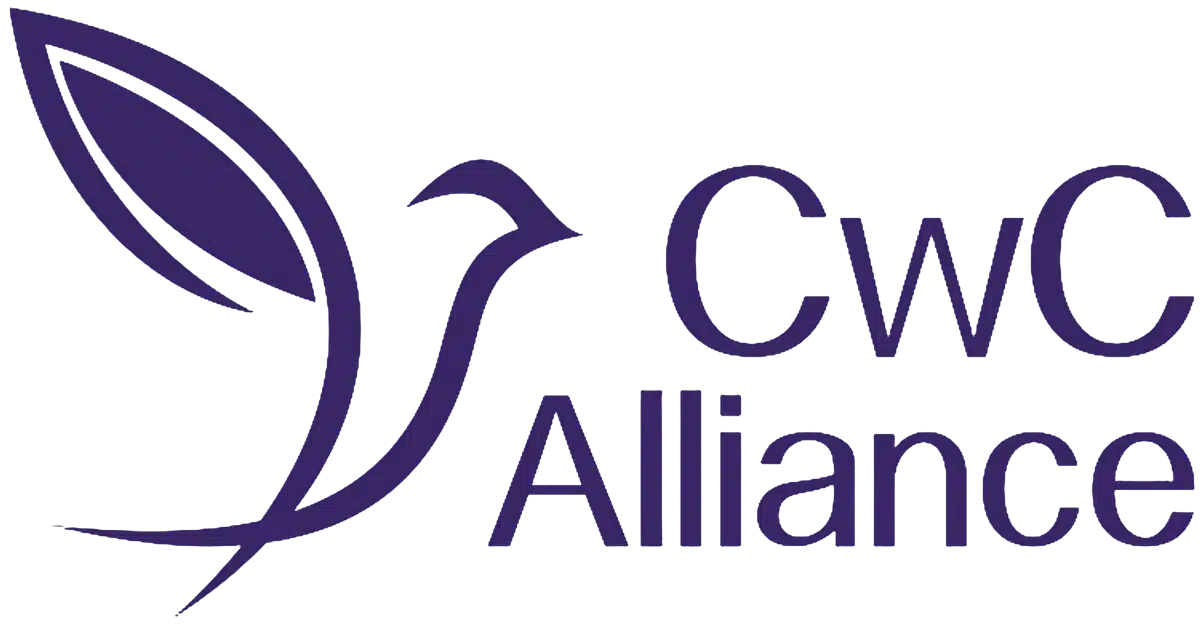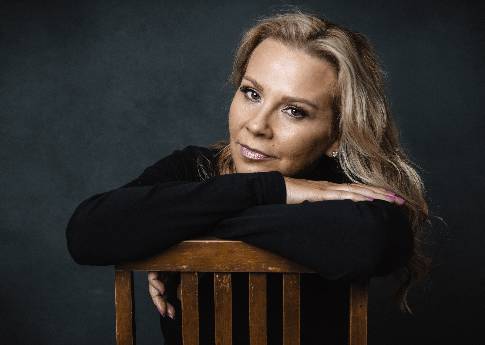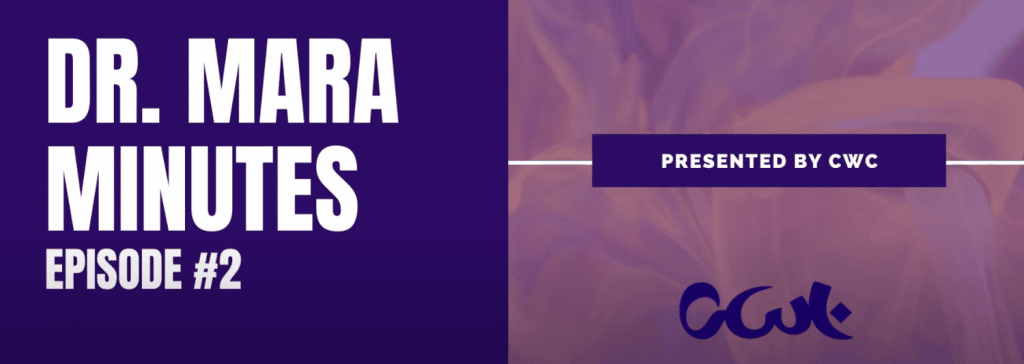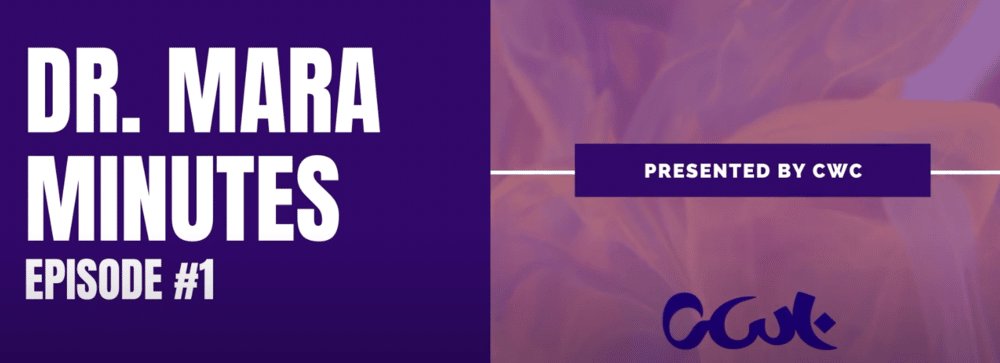By Allie Armbruster, 10/7/20
I am truly humbled by the stark contrast between where I was on this day five years ago and where I am now. On October 7, 2015, I overdosed and ended up at Piedmont Hospital. I had battled an IV heroin addiction for nearly seven years, and that addiction had taken me to jail, to rehab, and to the hospital more times than I can count. But October 7th was different–it wasn’t the first time I had almost died, but it was the last.
On October 6, 2020, I finished the Georgia bar exam. I am a convicted felon, so even getting to sit for this exam was a battle to say the least. But I did it, and I feel really good about doing a hard thing, even if I don’t feel completely confident that I succeeded in doing the hard thing.
This past year has been filled with hard things and amazing things. I got to marry the love of my life, who celebrated two years sober yesterday. Our wedding was the most perfect day, and I was surrounded by the people who loved me through the worst of times. I graduated summa cum laude from law school. I got a job at King & Spalding, which is one of the oldest and biggest firms in Atlanta. The fact that they were willing to take a chance on me is, I think, a testament to how far we as a society have come in addressing the stigma of addiction. I had the opportunity to speak to a bunch of attorneys at the U.S. Attorney’s Office for the Northern District of Georgia about addiction and the criminal justice system. I got to explore five national parks in the U.S. and three in Costa Rica.
I have also struggled more this year than any other year since I’ve been sober. My anxiety disorder, which contributed to my addiction in many ways, has felt crippling this year. I have cried more times than I care to admit about character and fitness (which I still have not cleared). The bar exam was pushed back–then pushed back again–before ultimately being administered with technology that was precarious at best. My last semester of law school was completed from my house, and I missed getting to commemorate that accomplishment with all the people I have grown to love over the past three years. I feel uncertain and scared about the pandemic, politics, and the future of the legal profession.
But that’s what life is–ups and downs, moments of triumph, and moments of despair. Perhaps what I am most proud of is that I have learned to navigate all of it without the escape of drugs and alcohol. I have a hell of a support network, and every time I think I can’t do it, they tell me I can. So far they’ve been right.
I’m beyond grateful that my addiction didn’t take me out five years ago. I’m so glad that my problems today are worrying about passing the bar exam instead of worrying about how I’m going to come up with enough money to avoid withdrawal for one more day.
And to anyone still out there struggling with addiction, I promise that if I can do it, anyone can do it. Getting sober was the hardest thing I’ve ever done, but it was so worth it. Thanks to everyone who put up with me this past year, especially these past four months when I’ve been a dumpster fire of a human being. Here’s to another year of overcoming the challenges of life together.






